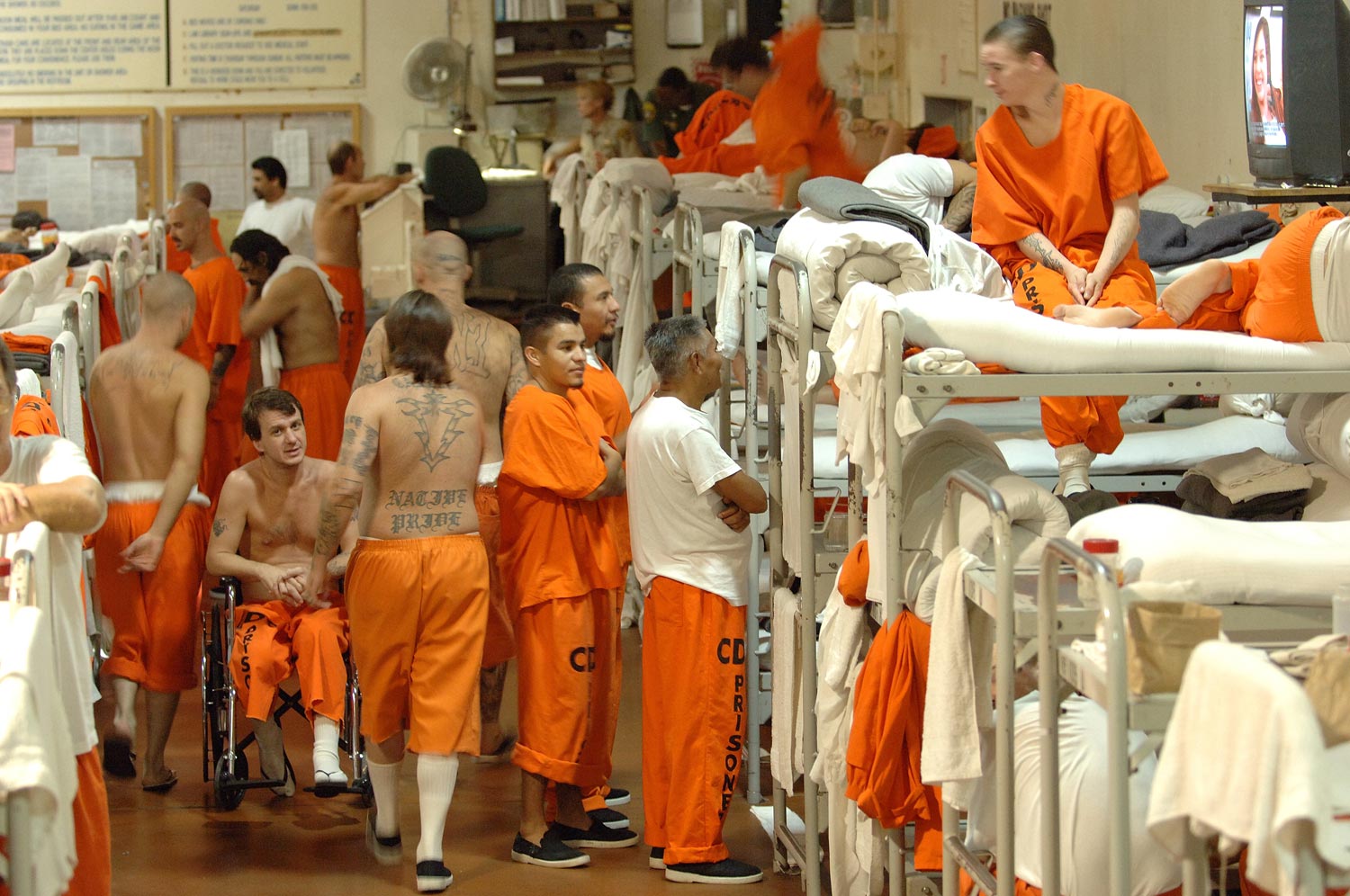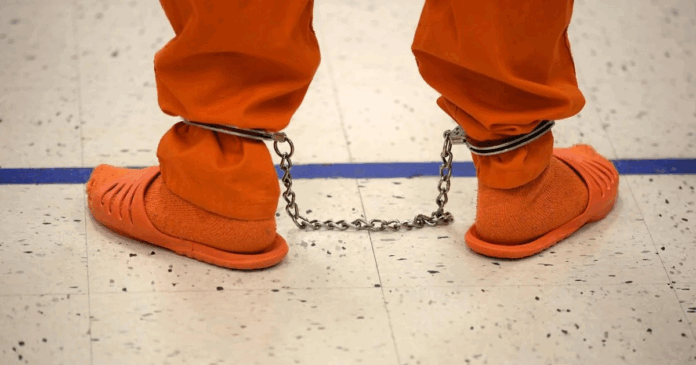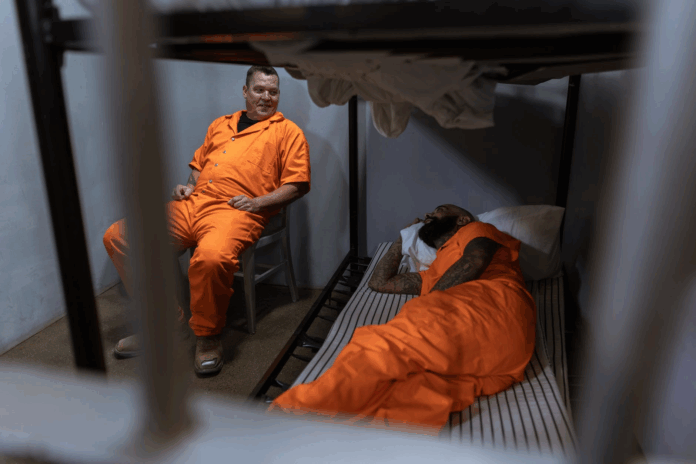View a copy of the White Deer declination letter, Unicat non-prosecution agreement, and Mani Erfan’s plea agreement.
The Justice Department’s National Security Division and the U.S. Attorney’s Office for the Southern District of Texas Monday announced that they declined the prosecution of private equity firm White Deer Management LLC and its affiliates after the firm discovered and voluntarily self-disclosed criminal violations of U.S. sanctions and export laws committed by a company it acquired, Texas-based Unicat Catalyst Technologies LLC.
NSD and SDTX also announced that the Justice Department entered into a non-prosecution agreement with Unicat, and that, on August 19, 2024, the former CEO and co-founder of Unicat, Mani Erfan, pleaded guilty to conspiring to violate U.S. sanctions against Iran and other countries and foreign governments, as well as concealment and international promotional money laundering. As part of his plea, Erfan also agreed to pay a money judgment in the amount of $1,600,000.
“After acquiring a company with a hidden history of sanctions violations, this private equity firm uncovered the misconduct, stopped it, and quickly reported it to the government, leading to the successful prosecution of a senior executive,” said Assistant Attorney General for National Security John A. Eisenberg. “Our decision to decline prosecution of the acquiror and extend a non-prosecution agreement to the acquired entity in this case reflects the National Security Division’s strong commitment to rewarding responsible corporate leadership.”
“Illegally exporting sensitive items to Venezuela and Iran to help them evade sanctions directly undermines U.S. foreign policy and threatens our national security,” said Special Agent in Charge Chad Plantz of Immigration and Customs Enforcement – Homeland Security Investigations Houston. “HSI will not sit by idly while businesses or individuals operating in the U.S. blatantly help our nation’s adversaries procure sensitive technologies or weapons, and today’s announcement of a $3 million fine and the imposition of criminal charges is just another example of that enduring commitment.”
As detailed in court documents and in the Department’s agreements with White Deer and Unicat, from approximately 2014 through 2021, Mani Erfan, Unicat’s former CEO, conspired with others, including at least one other Unicat employee, to cause Unicat to submit bids and make sales to customers in Iran, Venezuela, Syria, and Cuba in violation of U.S. economic sanctions.
In total, Erfan caused Unicat to make 23 unlawful sales of chemical catalysts used in oil refining and steel production to customers in Iran, Venezuela, and Cuba. Some of the sales were effected through exports of catalysts from the United States and further violated U.S. export control laws.
To further the conspiracy, the conspirators made false statements in export documents and financial records about the true identities and locations of Unicat’s customers and falsely assured some Unicat employees that the company’s business with customers subject to U.S. economic sanctions was lawful. Unicat obtained approximately $3.33 million in revenue from its unlawful sales.
Erfan and Unicat employees also falsified invoices to reduce the tariffs assessed on catalysts imported from China by Unicat. By undervaluing these imports, Unicat incurred a loss of approximately $1.66 million in duties, taxes, and fees. Further, during negotiations to sell Unicat to White Deer, Unicat’s prior owners provided representations and warranties to White Deer attesting to Unicat’s compliance with U.S. sanctions and export control laws.
The scheme came to light in June 2021, during the COVID-19 pandemic, after White Deer acquired Unicat and a second company based in the United Kingdom. Unicat’s new CEO was then able to travel to the United States to visit Unicat and begin integrating the company’s operations.
During his visit, the new CEO learned that Unicat had a pending transaction with an Iranian customer and immediately ordered the cancellation of the deal. Over the next month, White Deer and Unicat’s new CEO retained counsel to investigate and learned that Unicat had engaged in a series of transactions with counterparties subject to different U.S. sanctions programs.
Before the investigation was complete, but after determining that Unicat employees had potentially engaged in criminal violations of U.S. sanctions laws, White Deer and Unicat’s new management submitted a voluntary self-disclosure to the NSD.
Pursuant to the NPA, Unicat agreed to pay a forfeiture totalling $3,325,052.10, representing the proceeds of its violations of U.S. sanctions and export control laws. In parallel resolutions coordinated between the Justice Department, the U.S. Department of the Treasury’s Office of Foreign Assets Control, and the Commerce Department’s Bureau of Industry and Security Office of Export Enforcement, Unicat agreed to pay $3,882,797 to OFAC for its apparent violations of U.S. sanctions laws, and agreed with OEE to pay a penalty of $391,183 for its violation of U.S. export control laws.
OFAC agreed to credit Unicat’s payment of forfeiture pursuant to the NPA against the OFAC penalty, and OEE has agreed to credit Unicat’s payment to OFAC against the OEE penalty. In a separate administrative resolution with U.S. Customs and Border Protection, Unicat agreed to pay $1,655,189.57 in underpaid duties, taxes, and fees.
NSD and SDTX declined White Deer’s prosecution and entered into the NPA with Unicat after considering the factors set forth in the Department’s Principles of Federal Prosecution of Business Organisations, the National Security Division Enforcement Policy for Business Organisations, and pursuant to the provisions of the NSD Enforcement Policy that apply to Voluntary Self-Disclosures in Connection with Acquisitions.
The NSD M&A Policy provides that when a company completes a lawful bona fide acquisition of another entity, voluntarily and timely self-discloses to NSD potentially criminal violations of laws affecting U.S. national security committed by the acquired entity, fully cooperates with NSD’s investigation, and timely and appropriately remediates the misconduct, NSD generally will not seek a guilty plea from the acquiror, and there is a presumption that NSD will decline to prosecute the acquiror.
The NSD M&A Policy further provides that while a presumption of declination is not available to the acquired entity, NSD will credit the acquiror’s timely voluntary self-disclosure to the acquired entity and will consider whether the acquired entity otherwise satisfies the NSD Enforcement Policy’s requirements to obtain the benefits of the Policy.
NSD and SDTX determined that White Deer’s acquisition of Unicat was a lawful bona fide acquisition, and that White Deer’s self-disclosure was timely under all of the relevant circumstances, including the COVID-19 pandemic and in the context of White Deer’s acquisition of Unicat and efforts to integrate the company’s operations into another acquired entity.
White Deer and Unicat fully cooperated with the government’s subsequent investigation by proactively identifying, collecting, and disclosing relevant evidence to investigators, including foreign language evidence and evidence located overseas, and providing detailed and timely responses to the government’s requests for information and evidence.
White Deer’s and Unicat’s cooperation materially assisted the government’s investigation, leading to the successful prosecution of Unicat’s former CEO.
Unicat remediated the root cause of the misconduct in less than one year from the date of its discovery by terminating culpable employees, disciplining other employees involved in the misconduct, seeking reimbursement from Unicat’s sellers, and designing and implementing a comprehensive and robust internal controls and compliance program that has proven effective in practice at identifying and preventing similar potential misconduct.
This resolution marks the first time since the creation of the Justice Department’s Mergers and Acquisitions Policy in March 2024 that the Department has declined the prosecution of an acquiror for self-disclosing criminal conduct discovered at an acquired entity.












